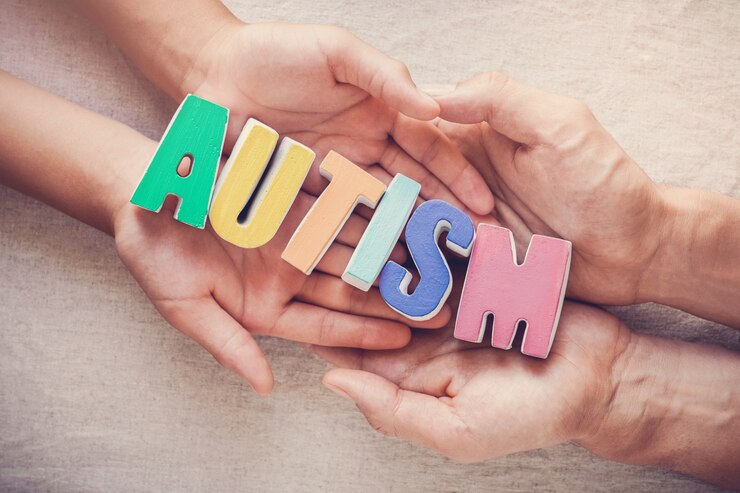The Importance Of Early Intervention In Autism Therapy
Autism Spectrum Disorder (ASD) is a neurodevelopmental condition that affects how individuals communicate, interact with others, and experience the world around them. While the exact causes of autism remain largely unknown, research consistently highlights the crucial role of early intervention in improving outcomes for children diagnosed with autism. Early intervention refers to the systematic delivery of therapeutic services and supports tailored to the individual needs of children with autism, beginning as early as possible after diagnosis. The significance of early intervention in autism therapy cannot be overstated, as it can profoundly impact a child’s developmental trajectory and quality of life.
To Know More About It Please Click Here
Maximizing Developmental Potential
One of the primary goals of early intervention in autism therapy is to capitalize on the critical period of brain development during early childhood. The brain is highly plastic during this time, meaning it is exceptionally responsive to environmental influences and experiences. By providing targeted interventions during these formative years, therapists can help shape neural pathways and promote more typical development in areas such as communication, social skills, and behavior regulation.
Addressing Core Challenges
Autism is characterized by a wide range of challenges, including difficulties with communication, social interaction, sensory processing, and repetitive behaviors. Early intervention allows therapists to identify and address these core challenges promptly, often before they escalate into more significant issues. For example, speech therapy can help children develop language skills, while occupational therapy can assist with sensory processing difficulties, promoting better self-regulation and participation in daily activities.
Enhancing Socialization and Communication Skills
Social communication deficits are hallmark features of autism, often leading to significant impairments in social interaction and relationship building. Early intervention programs typically incorporate strategies aimed at enhancing socialization and communication skills, such as teaching nonverbal communication cues, fostering joint attention, and promoting reciprocal interactions with peers and caregivers. By intervening early, therapists can help children with autism develop the foundational skills necessary for meaningful social connections and relationships later in life.
Reducing Challenging Behaviors
Many children with autism exhibit challenging behaviors such as aggression, self-injury, tantrums, and resistance to change. These behaviors can not only interfere with the child’s ability to learn and engage in daily activities but also place considerable strain on families and caregivers. Early intervention approaches often include behavior management techniques designed to address these challenging behaviors effectively. By teaching alternative coping strategies and providing support to both the child and their caregivers, therapists can help reduce the frequency and intensity of challenging behaviors, improving overall functioning and quality of life for the entire family.
Empowering Families
Early intervention in autism therapy is not solely focused on the child; it also involves supporting and empowering their families. Parents and caregivers play a crucial role in their child’s development, and early intervention programs often provide education, training, and resources to help families navigate the challenges associated with raising a child with autism. By involving families in the therapeutic process, therapists can foster a collaborative approach to intervention, ensuring consistency and continuity of support across different environments.
Conclusion
Early intervention is paramount in autism therapy, offering a window of opportunity to support optimal development and improve long-term outcomes for children with autism. By addressing core challenges, enhancing socialization and communication skills, reducing challenging behaviors, and empowering families, early intervention programs can make a significant difference in the lives of individuals affected by autism. Investing in early intervention not only benefits the individual child but also has broader societal implications, promoting inclusion, acceptance, and support for individuals with autism across the lifespan. As awareness of autism continues to grow, it is essential to prioritize early identification and intervention to ensure that every child with autism has the opportunity to reach their full potential.
Also, Follow us on Instagram








